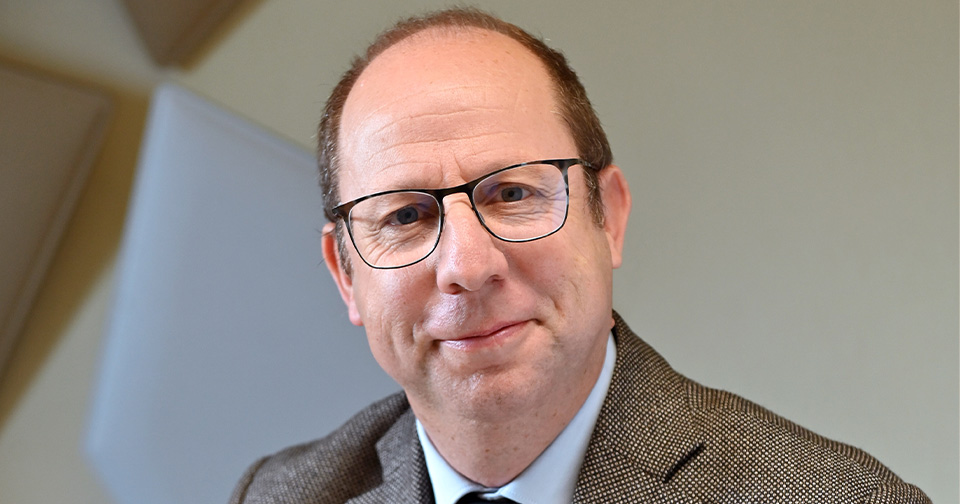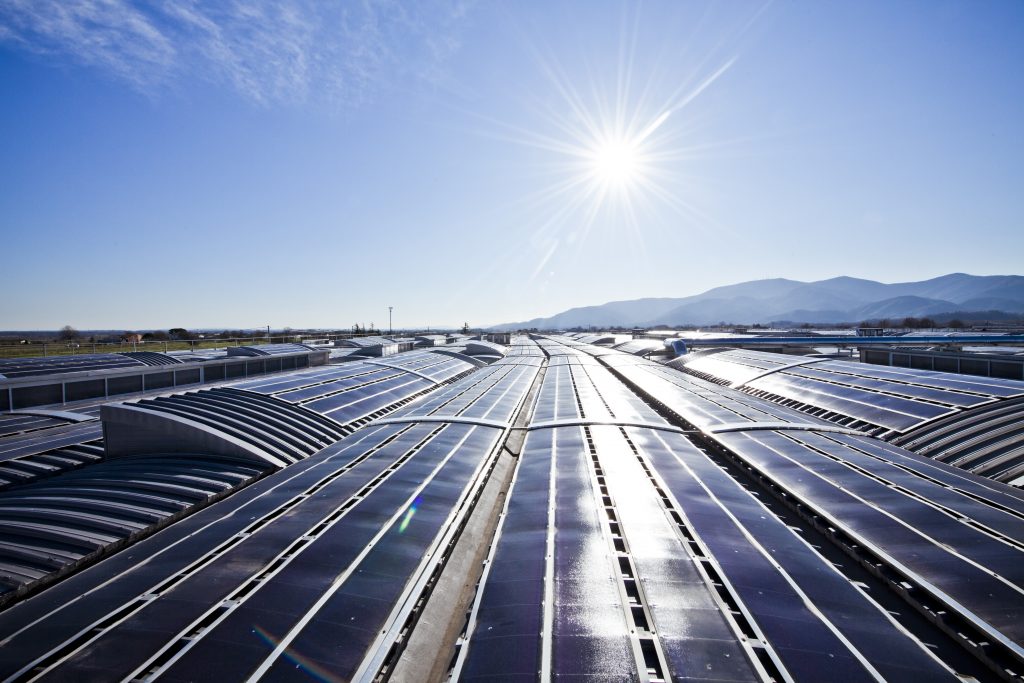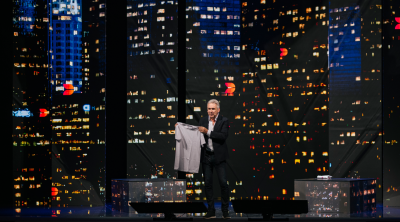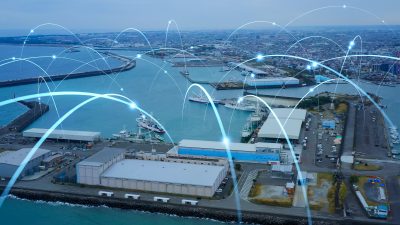Climate change is exacerbating the raft of other challenges currently facing the global economy, says Riccardo Balducci, group sustainability director, Sofidel. He discusses the solutions to decarbonize the global economy with Future
The world is beset by a myriad of challenges, says Riccardo Balducci, group sustainability director, Sofidel. Not least climate change. But that, in turn, can impact on – and be impacted by – other equally seismic issues, such as geopolitical conflicts over resources or struggling infrastructure and supply chains.
“We are living in a period where the economy is facing dramatic challenges. There are wars between Israel and Palestine, and Russia and Ukraine. Both have the potential, and effectively are already, influencing the energy market. Every time there is a conflict involving big countries that have substantial connections to the global economy, this is the case, even if the cause of the conflict is a border dispute. The energy market is very much connected to climate change because that system and that way of thinking about the availability of energy – specifically gas, coal, and oil – has shaped the global economy, he says.
Changing the way that humans use energy means changing the world economy, adds Balducci. “So, for sure, climate change already has the potential to change the economy globally.”
How then does that create greater risk for companies and communities impacted by these challenges? Focusing on Europe, people will broadly comply with increasing energy goals to mitigate the effect of climate crisis, says Balducci. “They will change their car or food habits by reducing beef because its harmful to the climate, even if they are not really happy about it.”
For companies, though the risk of not adapting “is massive”, he adds. “Years ago, we were concerned by the price of energy. Now the price is almost double, or triple compared to before the Ukraine war. But the risk is not only price of commodities, but the inability to operate businesses at the same pace as before.”
“Climate change already has the potential to change the economy globally”
Riccardo Balducci, Group Sustainability Director, Sofidel
The physical risks
There is, he says, a fundamental risk based on the physical effects of a rapidly changing climate. “If there is less available water that will impact the functionality of business operations and infrastructure,” he says. “We experienced such a long drought last year that one of our important suppliers in Europe stopped production for more than six months. It is [lucky that] Sofidel has multiple choices of supplier of the same commodity, or that would have been a big problem.”
A primary risk therefore not only concerns the transition from the old to the new economy, but also physical risk associated with climate change. “The changing climate is crucial for us for showing the ability of a company to manage or to mitigate the risks that are there. Financial institutions are very sensitive to see how companies can evaluate and mitigate these risks,” says Balducci.
Extreme weather incidents, which can massively impact the global supply chain, are also an example of the physical impacts of climate change. “Sometimes, climate change acts in a way that is difficult to predict. For example, in Europe, where droughts have been a major problem in recent years, many rivers are waterways for the transportation of goods. Lower water level means the barges cannot cross. But this kind of risk is difficult to predict.”
So, how can companies protect themselves from this kind of risk? “Firstly, insurance protection is not a joke. Insurers are the companies that first started acting and advocating against climate change. Most of the funds at the beginning came from insurance companies, they were the first to advise the business environment that we are looking at a crisis,” says Balducci.
A second factor for businesses is them “making an assessment not only of the product that a company produces, but also of the suppliers of the supply chain,” he adds. “So, Sofidel makes a risk evaluation of its own operations, but immediately after the same analysis should be done on our suppliers, just to understand if there is any kind of risk connected with climate in their location. Then, it is about finding the best solution to mitigate this risk for supply chain local suppliers.”
“Sofidel makes a risk evaluation of its own operations, but immediately after the same analysis should be done on our suppliers, just to understand if there is any kind of risk connected with climate in their location”
Riccardo Balducci, Group Sustainability Director, Sofidel
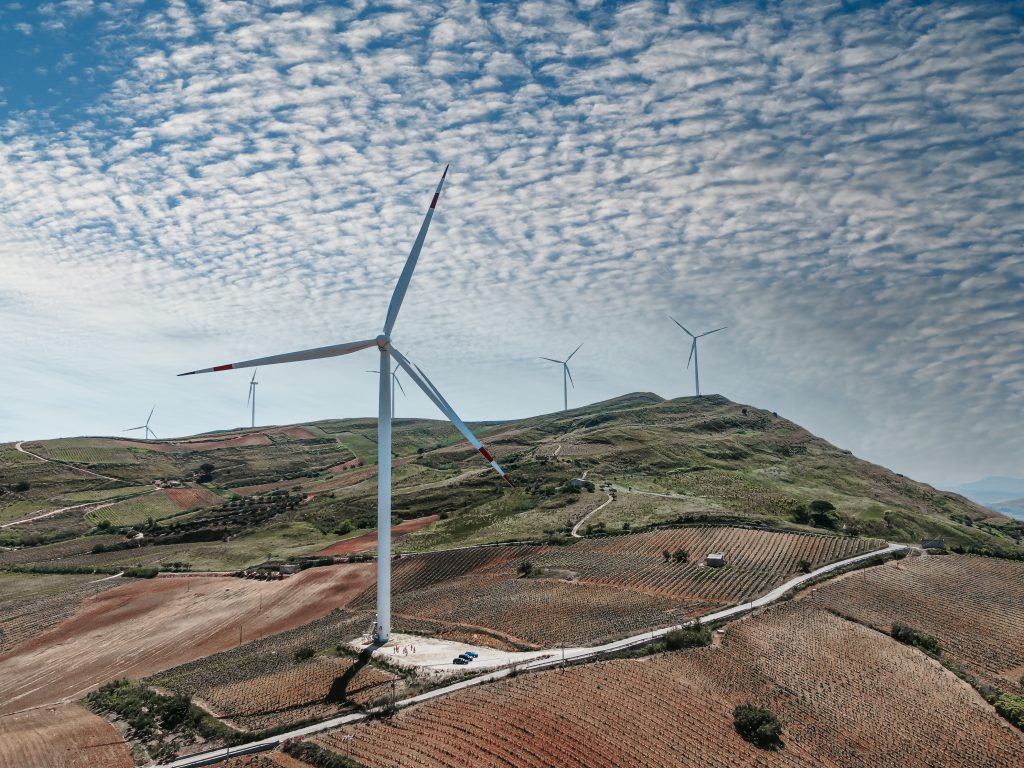
Decarbonizing the global economy
According to United Nations Environment Programme – Finance Initiative, the industrials sector accounts for 25% of global carbon dioxide (CO2) emissions. As the global economy accelerates its efforts to meet the goal of net-zero emissions by 2050, what then is the role that the carbon-intensive industrials sector will have in decarbonizing the global economy and how must it evolve?
According to Balducci, processing industries such as paper, pulp, steel or cement, alongside the transportation sector, are facing the most important challenges. “This pool of industries has the potential to really innovate things. We need disruptive innovation that, sooner or later, will be beneficial, not only for the industry itself, but for all the other parts of the economy,” says Balducci.
“Many engineering firms had effectively stopped innovating. Now, again, they are patenting innovation and new solutions for accelerating the net-zero transition. Sooner or later these industries will come up with the important innovation that will be beneficial forever.”
And that innovation will be vital. Transition risks – risks that are related to the process of transitioning away from our reliance on fossil fuels and toward a low-carbon economy – continue to impact the industrials sector, says Balducci. “The most important ingredient is money – to finance this transition. But many nations are badly in debt now and have reduced room for continuously subsidizing the green economy. The transition is therefore now more on the shoulders of industry as it is called upon to provide important technological solutions.”
Initiatives such as setting Science-Based Targets (SBTi) – an initiative to facilitate the preparation, adoption and verification of transition plans consistent with the actions needed to achieve climate neutrality by 2050 – can also help in the preparation of transition plans and to define the standards that a good transition plan must comply with, says Balducci. And it is important that companies follow these examples from other sectors.
“A few years ago, SBTi was a sort of laboratory where some pilot companies tried to set their own goals. Today, SBTi is going to be a must-have for businesses. In European law, and in the Corporate Sustainability Reporting Directive (CSRD) of the EU, it is clearly written that companies should report their own performance under well-established indicators but should also report their plans for carbon reduction in the future. This plan should agree with science. But there isn’t any public body addressing companies in doing this exercise who can help them address targets in line with science, as the law is now asking for. So, SBTi is changing its scheme to a sort of worldwide standard.”
“While the EU is leading the way, “very soon” the US will also be aligned with the vision of EU because many companies have their headquarters in the EU but are making a profit in the US, and vice versa.”
Riccardo Balducci, Group Sustainability Director, Sofidel
According to Balducci, the business community must do more to introduce common and well-defined reporting standards to improve transparency and reporting. Sofidel aims to communicate and report more transparently in the future in this regard. While Balducci believes the EU is leading the way, “very soon” the US will also be aligned with the vision of EU because many companies have their headquarters in the EU but are making a profit in the US, and vice versa. In the US, Sofidel has already put in place clear rules for a transparent, comparative, and harmonized reporting standard.
“In my opinion, it will not be possible that the EU and the US do not share common rules for much longer. Sofidel anticipated this because we have been following an international voluntary standard called GRI (Global Reporting Initiative) for many years. Our report is already evaluated by a third party; we have already submitted our own performances to a number of different international rating systems to compare the performance of different companies in order to present to investors, consumers, authorities and other stakeholders the opportunity to compare and judge all the rated companies at the same level.”
Climate change is an awfully complex challenge for the world – and its businesses – to face, but solutions such as those outlined by Balducci will play a substantial role in easing the burden and paving the way for a decarbonized global economy.
